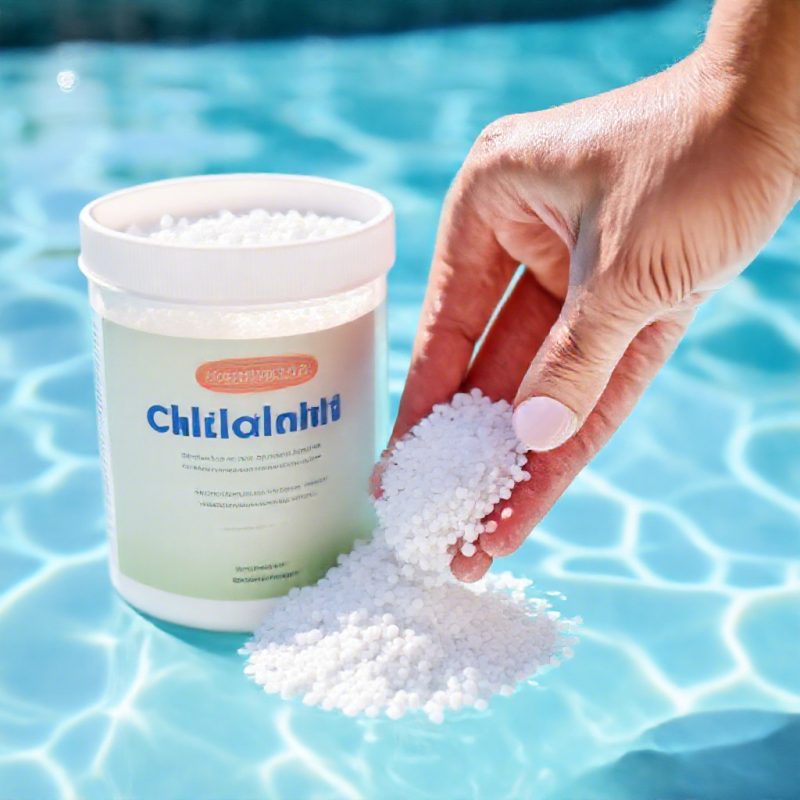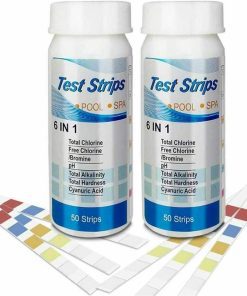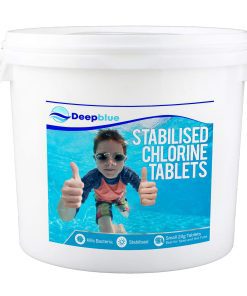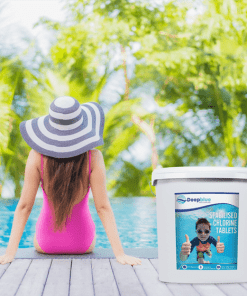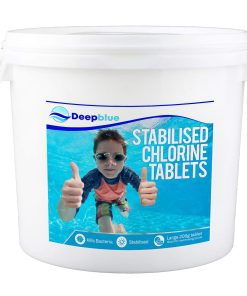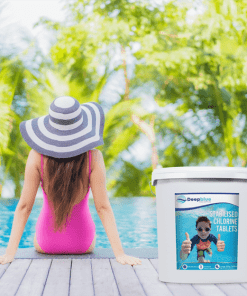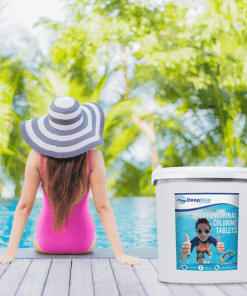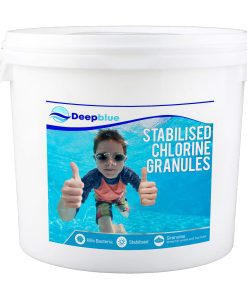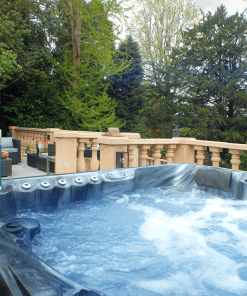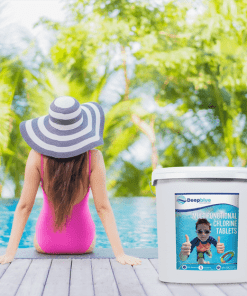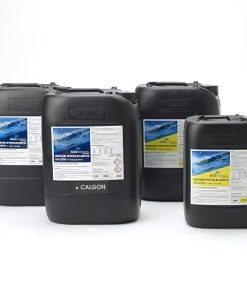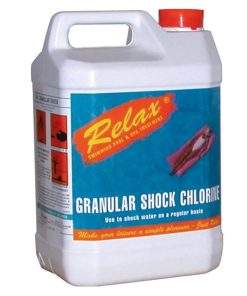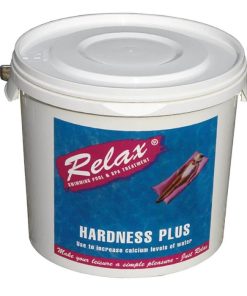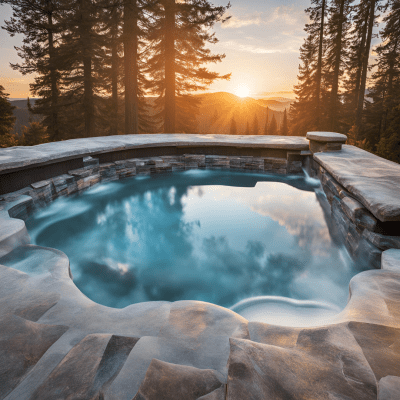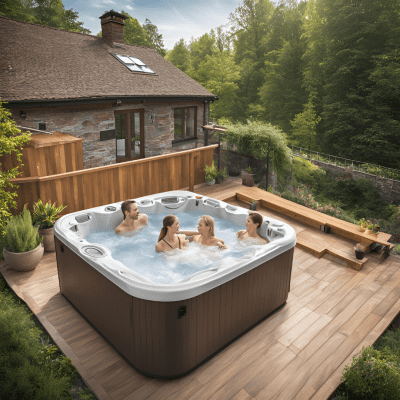Chlorine granules are a trusted method for keeping pool and hot tub water clean and safe. This guide explores the different types of chlorine granules, their uses, when and where to apply them, and where you can purchase them for the best results in your water care routine.
What Are Chlorine Granules Used For?
Chlorine granules are primarily used to sanitize pool and hot tub water by eliminating bacteria, algae, and other contaminants. They work quickly to raise chlorine levels, making them ideal for regular maintenance and shock treatments. Chlorine granules dissolve rapidly, helping maintain a balanced and safe aquatic environment.
What Are Stabilized Chlorine Granules?
Stabilized chlorine granules contain cyanuric acid, a stabilizer that protects chlorine from rapid degradation under UV light. This type of granule is particularly beneficial for outdoor pools, as it allows the chlorine to remain effective for longer periods even in direct sunlight.
What Is Chlorine Granules?
Chlorine granules are a concentrated form of chlorine typically used for disinfecting pools and hot tubs. Granules can come in two main forms:
- Calcium Hypochlorite: This is a high-strength chlorine granule containing around 65% available chlorine, used primarily for pool shock treatments and regular sanitization.
- Sodium Dichloroisocyanurate (Dichlor): These stabilized granules contain cyanuric acid, making them suitable for outdoor pools due to their longer-lasting effects.
Chlorine granules are fast-dissolving, making them convenient for quick adjustments in chlorine levels, whether used for regular upkeep or heavy-duty shock treatments.
What Is Stabilized Chlorine Granules?
Stabilized chlorine granules refer to chlorine granules that include a stabilizer, such as cyanuric acid. This stabilizer helps protect the chlorine from sunlight, allowing it to last longer in outdoor settings. Stabilized chlorine is useful for maintaining consistent chlorine levels over time, especially during sunny weather when unprotected chlorine may degrade quickly.
When to Use Chlorine Granules
Chlorine granules can be used in various scenarios to maintain water clarity and safety. Here’s when to use them:
- Regular Maintenance: Use chlorine granules daily or weekly to keep chlorine levels steady, particularly after heavy pool or hot tub use.
- Shock Treatment: Shock treatments are necessary when chlorine levels are low, after heavy use, or when the water becomes cloudy or visibly contaminated. Granules are ideal for quick, high-concentration chlorine boosts.
- After Rainfall: Rain can introduce contaminants and dilute chlorine levels, so consider adding granules after heavy rain to rebalance your pool or hot tub water.
Where Do You Put Chlorine Granules?
For the best results and safety, dissolve chlorine granules in a bucket of water before adding them to your pool or hot tub. This process ensures even distribution and prevents the granules from settling on surfaces, which could cause staining or damage. Pour the dissolved solution around the edges of the pool or directly into the hot tub while the pump or circulation system is running for optimal mixing.
Where to Buy Chlorine Granules
Chlorine granules are widely available from pool supply stores, DIY retailers, and online. Some popular places to purchase chlorine granules include:
- Pool Supply Stores: These stores offer a wide variety of chlorine types and brands, along with advice from pool care experts.
- Home Improvement Stores: Major chains like B&Q carry chlorine granules, especially during the swimming season.
- Online Retailers: Websites like online marketplaces, The Pool Cleaners, and other specialty pool sites offer convenient delivery options for chlorine granules.
Frequently Asked Questions (FAQ)
Are Stabilized Chlorine Granules Better Than Non-Stabilized Granules?
Stabilized granules are ideal for outdoor pools as they resist UV degradation, making them last longer. Non-stabilized granules are suitable for indoor pools where UV protection is less of a concern.
Can I Use Chlorine Granules in a Floating Dispenser?
Floating dispensers are designed for slow-dissolving chlorine tablets, not granules. Granules dissolve quickly, so it’s best to pre-dissolve them in water before adding them directly to the pool or hot tub.
How Often Should I Add Chlorine Granules?
For pools, test chlorine levels daily and add granules as needed to maintain a free chlorine level of 1-3 ppm. For hot tubs, test before each use and aim for a chlorine level of 3-5 ppm.
What’s the Difference Between Stabilized and Non-Stabilized Chlorine?
Stabilized chlorine includes cyanuric acid to protect against UV degradation, making it ideal for outdoor use. Non-stabilized chlorine lacks this protection and is more suited for indoor pools.
Conclusion
Chlorine granules play a key role in pool and hot tub maintenance by keeping water clean and safe. Understanding the types, applications, and benefits of both stabilized and non-stabilized granules allows you to make informed choices about water care. With proper use and regular testing, chlorine granules provide a reliable solution for maintaining sparkling, healthy water.
Related Products
Best Online Sellers

